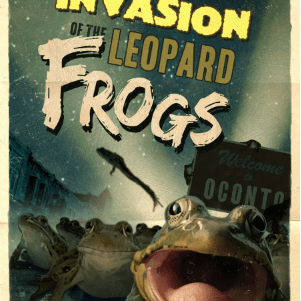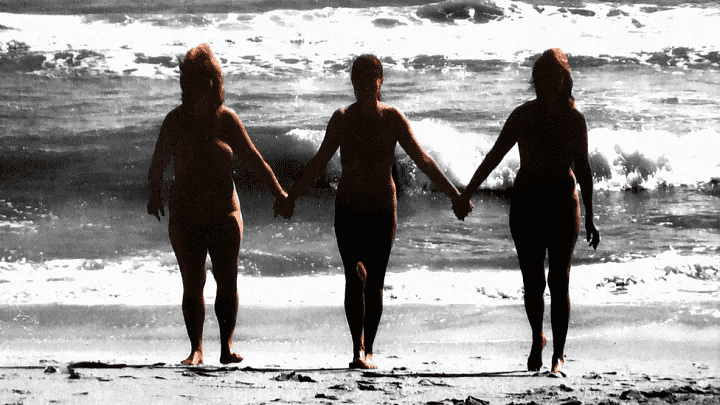
How I discovered, wrote, and sold a strikingly distinctive magazine article to The Atlantic
In 2018, I published an article in The Atlantic about three middle-aged sisters, long estranged from one another, who reunited and grew close by becoming neighbors in a nudist camp. The article drew much attention and felt satisfying to write.
In this first in a series of Origins essays about the spark and development of my books, articles, and other works, I will lay out how I discovered, sold, reported, and structured the story about the nudist sisters. I’ll also include a bit about the afterlife of this unusual nonfiction tale.
Genesis
I wish I could say I tracked down the story of the nudist sisters through some kind of inspired search, but I didn’t do anything to find it. The story came to me.
One evening in 2017, my wife came home from her regular appointment to get her hair done. Her longtime hairstylist, Juliette, had told her about her summer’s adventures at a nudist camp called Avatan in the company of her sisters, Denise and Nanette. The three siblings, Juliette told my wife, had reclaimed their closeness after years of feeling distant from one another. Living together at the camp brought about their reconciliation.
My wife suggested Juliette’s story as an article I could write. I had never heard anything like Juliette’s account, and I agreed it was moving and worth covering and trying to sell.
I spoke on the phone with Juliette. She checked with her sisters and invited me and my wife to come to Avatan to talk. We did that on the Fourth of July in 2017. (Yes, we shed our clothing, too.) After that, I had what I needed to propose an article about the sisters to a publication. I envisioned a story that detailed their lives at the camp and explained how being neighbors in the camp had recharged their sisterly love and changed their lives.
Selling it
A few months passed — I was occupied in writing a book — but I finally drafted a short pitch about the sisters. It read:
Sometimes sisters don’t get along. Their parents drink and divorce and die, the family fights, and the sisters drift apart. They decide their family is hopelessly dysfunctional and grow estranged.
Then, sometimes, in middle age the sisters buy side-by-side trailers in a nudist camp and things get much better.
That is what’s happened to the three gruff and charming [last name] sisters, aged 53 to 68, who spend their summers as neighbors at Avatan, a nudist camp in Minnesota. I’ve visited them in camp and have seen how undraping in company has helped them accept each other’s weaknesses and flaws. These women are regular drinkers, smokers, and disrobers. The vibe of the camp, the emphasis on non-concealment, has cooled their resentment and drawn them close. I’d like to write about them for you.
I followed those paragraphs with some sentences about me and my previously published work.
Aiming high, I first sent the story proposal to an editor I did not know at The New Yorker. I received no response and sent a follow-up email a couple weeks later. Silence. So I moved on.
I began thinking about The Atlantic. I had published two articles (this and this) in its print magazine fifteen years earlier after meeting one of its editors at a writers conference. That editor had since retired, so I got in touch with a writer friend who had recently published in The Atlantic. He suggested I send my proposal to the editor he worked with. I did so, and the editor forwarded my proposal to a colleague there. That colleague liked my pitch and asked me to provide a few more details.
My response satisfied the Atlantic editor, and she sent me a contract. My article would be published online only. The pay was significantly lower than the fees I had received years earlier from the print magazine. I was okay with that because I believed this story could have a rewarding afterlife, and I wanted to publish it now and repurpose it later for my longterm benefit.
I saved my negotiating energy for another part of the proposed contract, which gave The Atlantic all rights to the story after publication. I could not allow that, and I have never allowed it for any narrative story I’ve published. Over the years I’ve had much success licensing options on my articles and books to producers of films and TV series. I believed the story of the nudist sisters had that kind of potential. If The Atlantic owned all rights, it would benefit from performance licenses, not I.
I told the editor of my need to retain those rights. She checked with the publication’s lawyers, who said they could not change that part of the contract. I replied, regretfully, that I could not write this story for The Atlantic under that kind of contract. We ended our correspondence, and I began looking for a new market for the story.
Three days later, the Atlantic editor emailed me again. The publication had changed its mind — it would agree to my contract changes. My story was simply too unusual and compelling for it to pass up. I signed the new contract and began work.
I learned two lessons from this contract negotiation. The first was to stand strong for what I need in my contracts; I will never sign away valuable ancillary rights to my print work (and never have). It’s better to move on to other markets that will honor my contractual requirements. The second lesson was to start a habit, which I have continued ever since, to inform editors of my contractual needs after they have expressed interest in my work but before they send me a contract. It’s saved a lot of time and negotiating angst.
Reporting and writing
Researching this story and interviewing the sisters were fun. They emotionally engaged me and convinced me that there were high stakes involved in their decision to become nudists and to live next to each other in the camp every summer. The article felt easy to write.
The reporting trip my wife and I made to the camp, a 45-minute drive from our home, was memorable. Upon our arrival, a receptionist greeted us in a small cabin and we noted that she appeared fully clothed. But when she rose from her desk to get us some papers to sign, she wore nothing from the waist down. She directed us to disrobe outside the cabin and leave our clothing in our car. So we became nudists for the day. Two guides gave us a tour of the camp and we then walked to the corner of the camp where the sisters’ trailers were. I had to keep my notebook and pen in my hands at all times because I had no place else to stash them! Nanette was away from camp that day, but I interviewed Juliette and Denise. I also met several of their neighbors and friends.
I later interviewed all three sisters in the meeting space of a restaurant near my home. (We were, of course, fully clothed.) Some of the story’s best quotes came from this interview. I audio-recorded that conversation and quickly transcribed it.
When it was time for me to write the story from my notes and interviews, I used a simple structure. I began the article by setting the scene at Avatan, and I then told the sisters’ tale mostly chronologically. The Atlantic insisted I include a quote from an expert on sibling relationships, and I stuck that in the middle. I do not think it added much.
I submitted the story during the summer of 2018. The Atlantic published it online on September 30, 2018.
Afterlife
“The Sisterly Bonds Forged by Nudism” — an odd title that the publication used instead of my own “Triple Exposure” — got plenty of attention. The sisters and people at Avatan loved it. I especially enjoyed seeing the social-media traffic it received among nudists and naturist groups around the U.S.
It surprised me that nobody came forth with an interest in making a movie, TV series, or podcast based on the sisters’ experiences. I proposed it as source material for those kinds of productions several times, but no one took it up. In 2022, I stood on the stage at a media creator’s conference and gave a five-minute pitch of the sisters’ story in a competition. One judge told me the nudity would make the story nearly impossible to produce, and another said few actors would be interested in appearing naked as much as the story would require.
However, a producer later contacted me and asked if I had any other nonfiction stories that might work on the screen. I sent him short summaries of a few others I had worked on, and we’re currently discussing a possible adaptation of one of them.
Since the story appeared, Denise, Juliette, and Nanette have all left Avatan and live in another state. They are still close.
If you or anyone you know would like to play a part in the afterlife of the sisters’ story, please get in touch. Performance rights are still available.
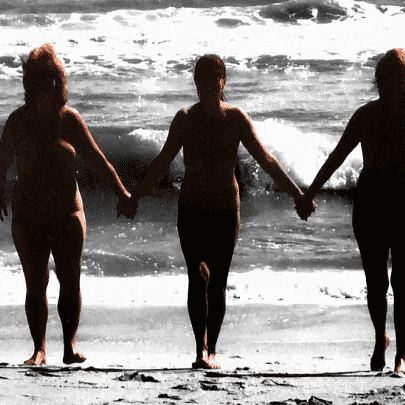
Origins: How I wrote about three nudist sisters
How I discovered, wrote, and sold a strikingly distinctive magazine article to The Atlantic In 2018, I published an article in The Atlantic about three middle-aged sisters, long estranged from one another, who reunited and…
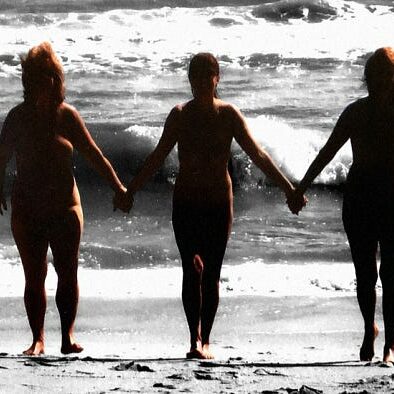
Origins: Three Nudist Sisters
How I discovered, wrote, and sold a strikingly distinctive magazine article to The Atlantic In 2018, I published an article in The Atlantic about three middle-aged sisters, long estranged from one another, who reunited and…
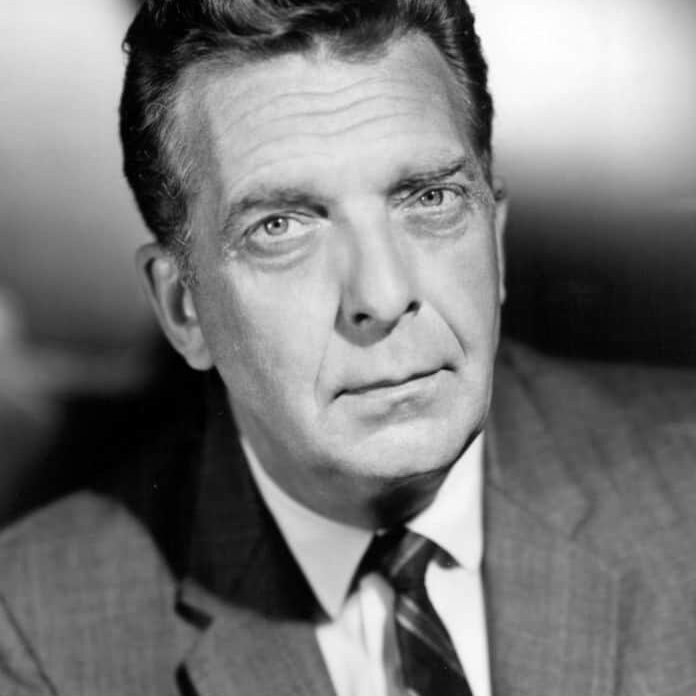
Resolutions for journalists and everyone else
In 1955, TV newsman Chet Huntley was worried about the state of journalism. He decided to try to change his own behavior. We can adapt his resolutions to change ours.…
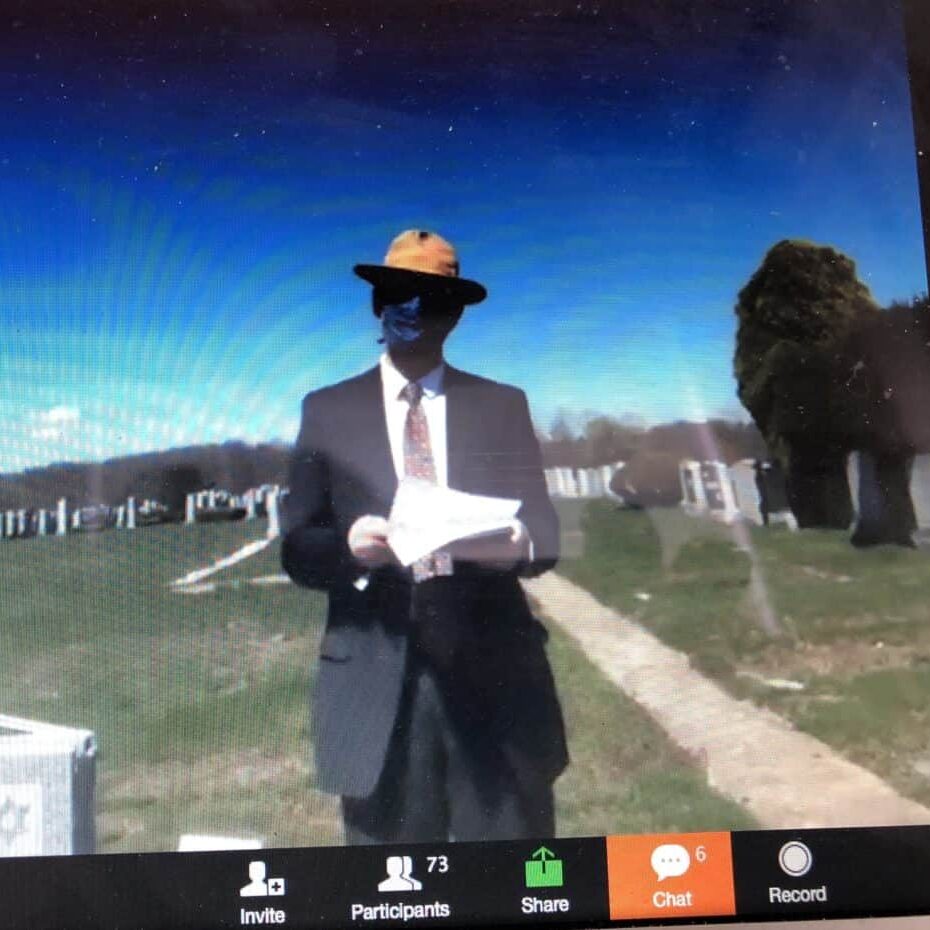
A virtual funeral changes perspective
An eminent neuroscientist died last week at the age of 95. He made important discoveries and helped countless people with complicated medical conditions. But he died during the COVID-19 pandemic in…
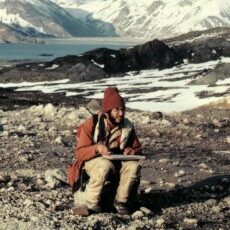
The Short and Wondrous Career of Harry Glicken
When I knew Harry Glicken during the mid-1970s at Venice High School in Los Angeles, I could not imagine my classmate as a history-maker of the future. He was disheveled,…
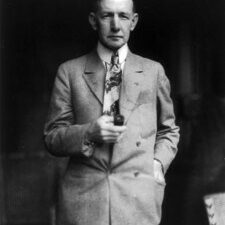
The U.S. Vice President Who Wrote a Pop Music Hit
Barry Manilow, Van Morrison, the Four Tops, Cass Elliot, Isaac Hayes, Bing Crosby and Nat “King” Cole all owe a lot to a now obscure United States vice president and…
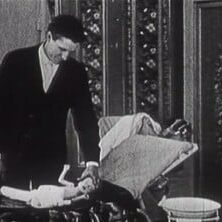
The Black Stork: A physician’s cinematic argument for eugenics
This year marks the centennial of one of the most infamous movies of the silent era, which made a case for allowing disabled infants to die and sparked a national…
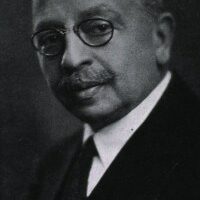
America’s First Pop Psychologist
When Joseph Jastrow died in 1944 at age 80, he was almost a forgotten figure in American psychology and certainly an irrelevant one to many minds. Decades earlier he had…
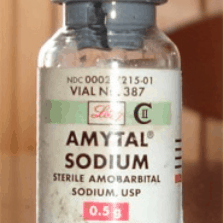
Is There Any Truth to Truth Serum?
Remember the routine from black and white espionage dramas of the 1940s and ‘50s? The bad guys detain a suspected spy, who won’t talk even after a rough interrogation. Soon,…

The Nazi Brain Removal Caper
After the end of World War II, a Nazi leader dies in Allied custody under strange circumstances. An American military psychiatrist longs to prove his pet theory by having the…

Does your company operate like the Third Reich?
When I wrote my book The Nazi and the Psychiatrist: Hermann Göring, Douglas M. Kelley, and a Fatal Meeting of Minds at the End of WWII (PublicAffairs Books), which is about an…

Fighting the Legend of the “Lobotomobile”
Many people believe that the developer of the most dreaded form of psychiatric surgery traveled America in a camper van that he slyly called his “lobotomobile.” It’s a myth. I…

Getting Started as a Writer of History
Journalism is the first rough draft of history, Alan Barth declared. Or is it the reverse, that history is just journalism, as Joseph Campbell mischievously asserted? Either way, there’s much…
